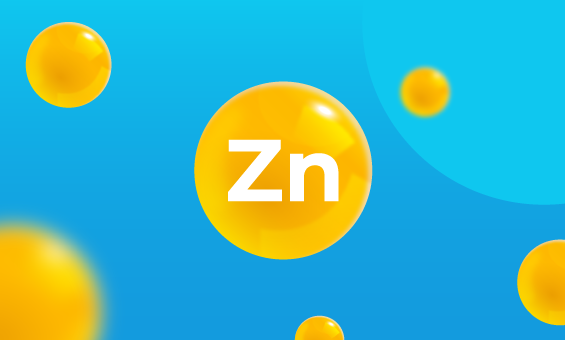Selenium is a vital mineral needed for a healthy immune system, proper DNA function, and the optimal performance of the thyroid gland. It acts as an antioxidant in the body’s metabolism and helps prevent premature aging. Selenium plays a role in heart health, reproductive function, mental health, and the fight against infection and inflammation. It is also beneficial for healthy hair and nails, and can work alongside vitamin E or even substitute for it. A deficiency in selenium can weaken the immune system and contribute to the development of chronic diseases such as cancer, while excessive intake may lead to toxicity.
Which Foods Are Rich in Selenium?
Brazil Nuts
One of the richest sources of selenium. Around 6–8 Brazil nuts provide an average of 544 mcg of selenium.Fish
Yellowfin tuna contains about 92 mcg of selenium per 30 g. Other good sources include sardines, oysters, shrimp, salmon, and crab, offering between 40–65 mcg.Fortified Foods
Some products, such as pasta, whole wheat bread, and whole grain cereals, are fortified with selenium. One cup of noodles or cereal may contain around 40 mcg. For optimal selenium support, it is recommended to combine these foods with plant-based options.Beef
Selenium levels vary depending on the cut. On average, beef contains about 33 mcg per serving. Beef liver provides around 28 mcg, while ground beef has about 18 mcg.Turkey
Boneless turkey provides 31 mcg of selenium per 3 ounces.Chicken
About 22–25 mcg of selenium is found in 85 g of chicken meat.Cottage Cheese
One cup provides approximately 20 mcg of selenium, about 30% of the recommended daily intake.Eggs
One boiled egg contains around 20 mcg of selenium. Eggs are among the easiest and most practical sources of this mineral.Rice
One cup of cooked long-grain rice contains about 19 mcg of selenium — roughly 27% of the daily recommended intake. When paired with chicken or turkey, intake may reach up to 50 mcg.Sunflower Seeds
A quarter cup provides approximately 19 mcg of selenium, making it a great alternative for those avoiding animal-based foods.Dry Beans
One cup of dry beans provides around 13 mcg of selenium, along with beneficial fiber.Mushrooms
A 100 g serving of mushrooms contains about 12 mcg of selenium.Spinach
Cooked spinach provides approximately 11 mcg of selenium per cup.Milk and Yogurt
Both contain around 8 mcg of selenium per cup, meeting about 11% of the daily requirement. Adding milk to cereals can enhance selenium intake.Lentils
One cup of cooked lentils delivers approximately 6 mcg of selenium.Bananas
Half a banana contains about 2 mcg of selenium, roughly 3% of the daily recommendation. Combine it with yogurt or oats for a selenium-rich snack.

